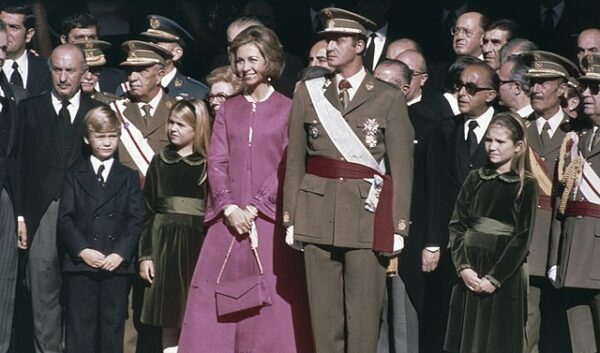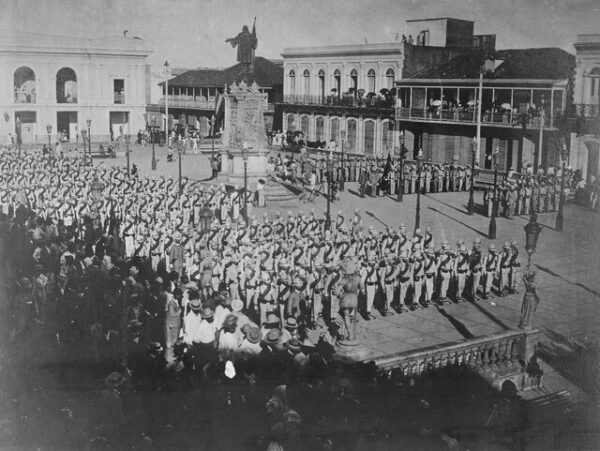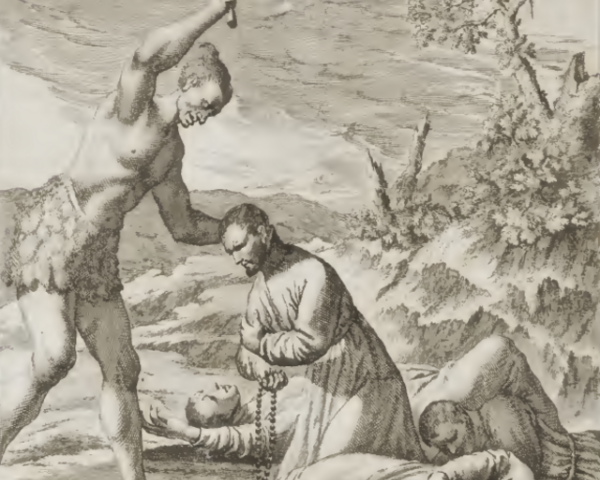On November 22, 1975, Juan Carlos I was formally declared King of Spain, signifying a pivotal moment in the nation’s complex history. This occurred just two days after the death of Francisco Franco, the authoritarian ruler who had governed Spain for nearly four decades. Franco’s departure left behind a deeply polarized society, and Juan Carlos’s ascension carried the weight of both continuity and the possibility of profound change.
Juan Carlos was born in Rome in 1938, during his family’s exile following the abdication of his grandfather, King Alfonso XIII, after the proclamation of the Second Spanish Republic in 1931. While his father, Juan de Borbón, Count of Barcelona, was widely regarded as the rightful heir to the throne, Franco bypassed him, selecting Juan Carlos as his successor instead. Franco began grooming Juan Carlos in the 1940s, bringing him to Spain and overseeing his education to ensure alignment with his vision for the nation’s future. Officially named Franco’s successor in 1969, Juan Carlos was perceived as a loyal figure within the authoritarian regime, expected to perpetuate Franco’s policies.
The king’s inauguration came at a critical juncture. Spain, burdened by political polarization and economic stagnation, was at a crossroads following the dictator’s death on November 20, 1975. Conservatives anticipated that Juan Carlos would maintain Franco’s system, while reformists hoped he would pave the way for democracy. During his oath of office in Madrid, Juan Carlos wore his military uniform, a symbol of continuity, and pledged to uphold Franco’s laws. Yet, in his inaugural speech, he also emphasized national unity and hinted at reconciliation, suggesting a potential shift in the nation’s trajectory.
In the months that followed, Juan Carlos began charting a surprising course. Despite initial skepticism from both conservatives and liberals, he distanced himself from Francoist policies, working discreetly with reform-minded politicians. Among them was Adolfo Suárez, whom he appointed as prime minister in 1976. Together, they spearheaded reforms that dismantled the structures of Franco’s regime. The political landscape shifted dramatically with Spain’s first democratic elections in 1977 and the ratification of a new constitution in 1978. This constitution transformed Spain into a parliamentary democracy, limiting the monarchy’s role to that of a symbolic head of state while enshrining fundamental rights such as freedom of speech and assembly.
Juan Carlos’s resolve was tested during a military coup attempt on February 23, 1981. As insurgents sought to restore authoritarian rule, the king took a decisive stand, addressing the nation in a televised broadcast to reaffirm his commitment to democracy. His actions during this crisis not only thwarted the coup but also cemented his reputation as a defender of Spain’s democratic institutions.
Over the decades, Juan Carlos presided over a period of significant modernization. Spain experienced rapid economic growth, joined the European Union, and embraced social liberalization, all while solidifying its democratic foundations.






